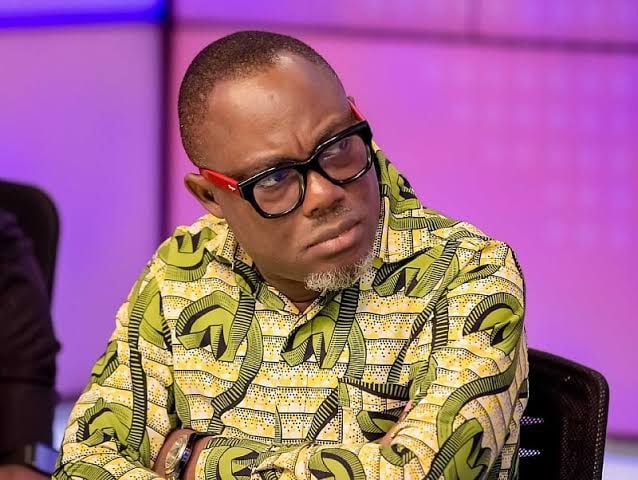Ransford Gyampo, a prominent political science lecturer at the University of Ghana, has publicly rebuked the New Patriotic Party (NPP) for their hasty critiques of President John Dramani Mahama’s nascent administration. Gyampo’s censure, delivered via a social media post shortly after Mahama’s inauguration in January 2025, argued that the NPP’s focus should be directed inwards, towards resolving its internal conflicts and structural weaknesses, rather than launching premature attacks against the newly installed government. He posited that the NPP’s relevance in the political landscape hinges not on swift criticism of Mahama, especially given their own perceived failures in governance and the precarious state of their party, but on constructive engagement and allowing civil society organizations (CSOs) to fulfill the watchdog role. This pointed critique underscored the perceived hypocrisy of a party grappling with internal disunity and the legacy of perceived governance shortcomings, attempting to discredit a newly elected administration.
The timing of Gyampo’s intervention is crucial. It coincides with a politically charged atmosphere surrounding Mahama’s return to power, an event that has sparked immediate expressions of dissent from certain factions within the NPP. The political landscape is rife with debate and contention, with Mahama’s supporters celebrating his return and his detractors quick to highlight perceived missteps. Gyampo’s statement serves as a pointed commentary on the nature of political discourse in Ghana, urging a move away from knee-jerk reactions and towards more substantive and constructive engagement with policy and governance. His call for the NPP to prioritize internal reform, coupled with his suggestion that CSOs are better positioned to scrutinize the new government, highlights the need for a more structured and less partisan approach to political accountability.
One specific incident that likely fueled Gyampo’s critique was a public gaffe by President Mahama, where he mistakenly referred to Bola Ahmed Tinubu as the President of Ghana, rather than Nigeria. Richard Ahiagbah, the Communications Director of the NPP, seized upon this error, publicly correcting Mahama while simultaneously highlighting the NPP’s handover of a supposedly “growing economy and a working Ghana.” This seemingly innocuous correction, however, was layered with political undertones, serving as a thinly veiled critique of Mahama’s competence from the outset of his term. Ahiagbah’s concluding remark, promising “constructive opposition,” appeared ironic in light of the perceived nitpicking and arguably opportunistic nature of the correction.
Gyampo’s argument centers on the idea that the NPP’s credibility as an opposition force is undermined by its internal struggles and perceived failures in governance. He implicitly challenges the NPP’s right to criticize Mahama’s administration when their own house is perceived to be in disarray. His assertion that the NPP should “leave that job to CSOs” underscores the importance of independent oversight in a democratic society, suggesting that the NPP’s current state renders it incapable of providing objective and constructive criticism. Instead, he implies, their efforts to discredit Mahama appear motivated by political opportunism rather than genuine concern for good governance.
The broader context of Gyampo’s statement highlights the complex dynamics of Ghanaian politics. Mahama’s return to the presidency, following a previous term, is laden with both hope and skepticism. His supporters view his election as an opportunity to address unfinished business and rectify perceived shortcomings of the previous NPP administration. Conversely, his detractors, including many within the NPP, harbor reservations about his leadership and are quick to scrutinize his actions. This polarized environment creates a fertile ground for political maneuvering and often leads to a highly charged and sometimes unproductive discourse. Gyampo’s intervention serves as a call for greater reflection and restraint, urging all parties to engage in more substantive and constructive dialogue.
Gyampo’s critique of the NPP’s hasty criticism of the Mahama administration can be interpreted as a broader commentary on the role of opposition parties in a democratic society. He implicitly argues that effective opposition involves more than simply pointing out the flaws of the ruling party. It requires a demonstrated commitment to self-reflection, internal reform, and a willingness to engage in constructive dialogue. By emphasizing the need for the NPP to address its internal issues before criticizing the new government, Gyampo calls for a higher standard of political discourse, one that prioritizes national interest over partisan point-scoring. His statement serves as a reminder that the ultimate goal of political engagement should be to improve governance and promote the well-being of all citizens, a goal that is best served through thoughtful and constructive dialogue rather than hasty and opportunistic critiques.














